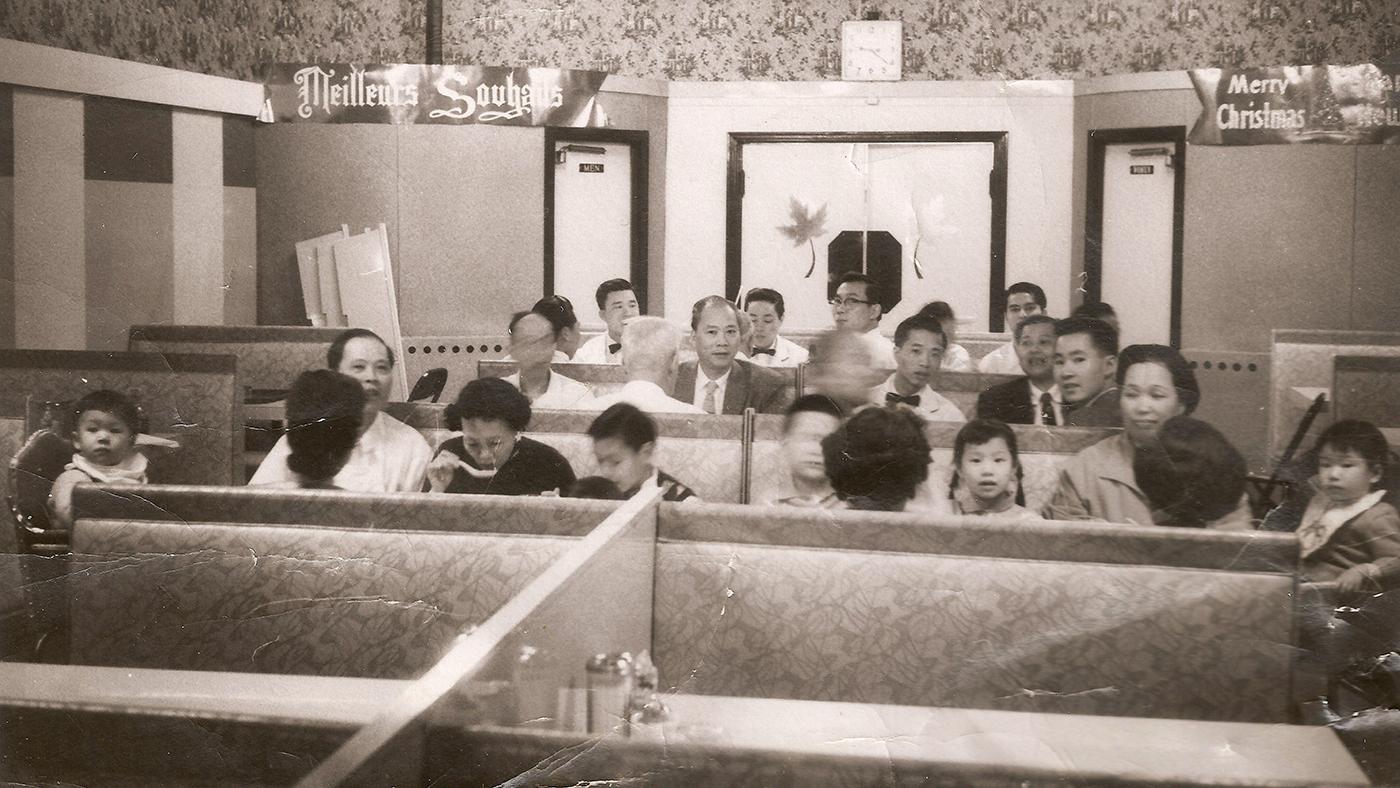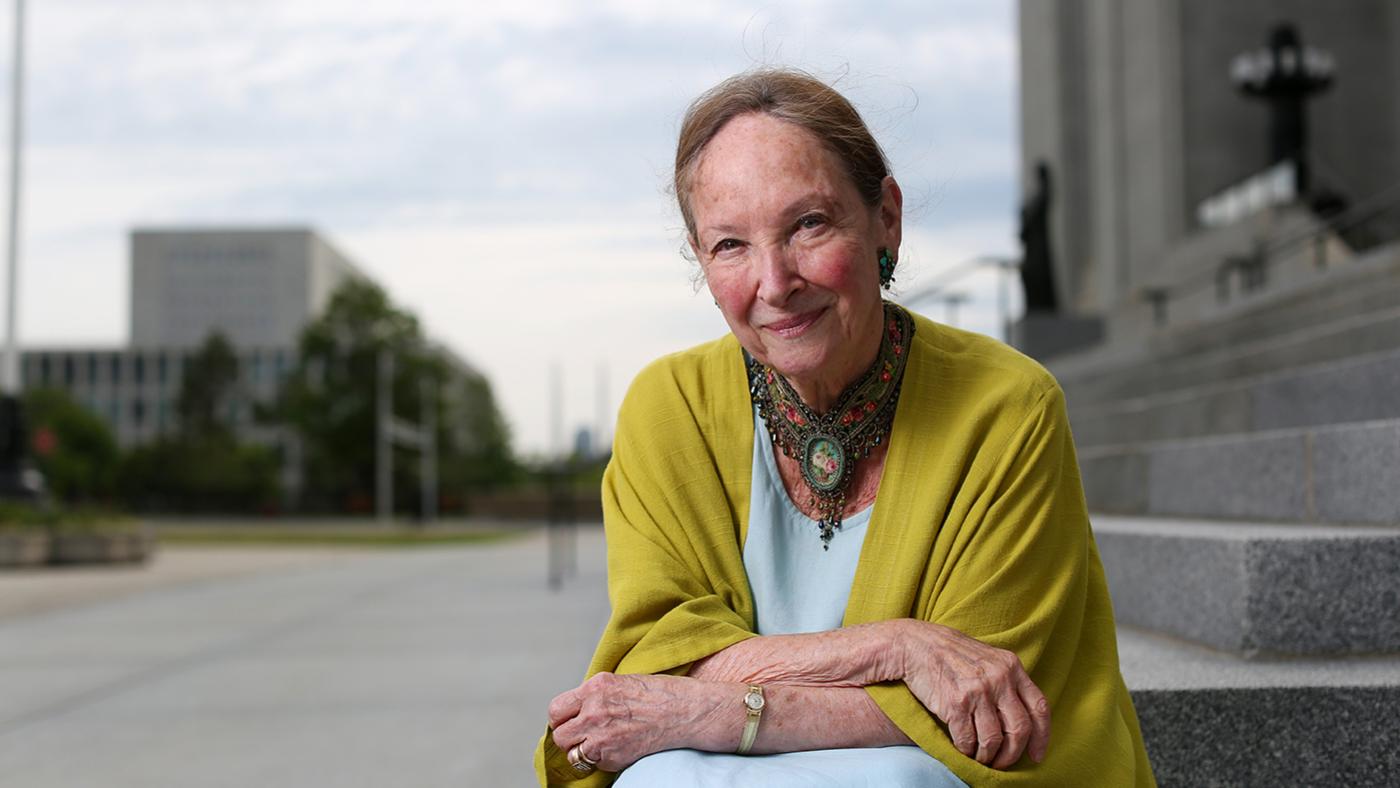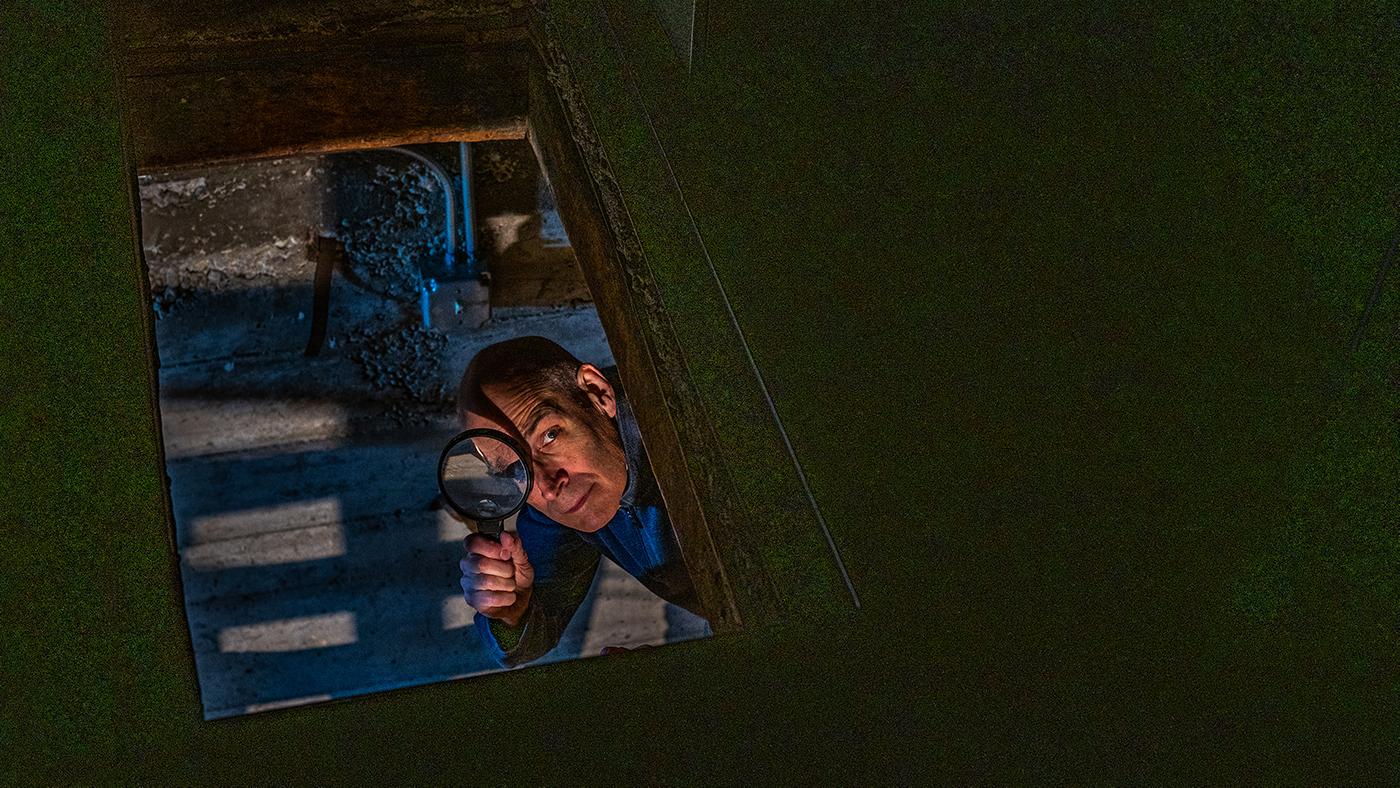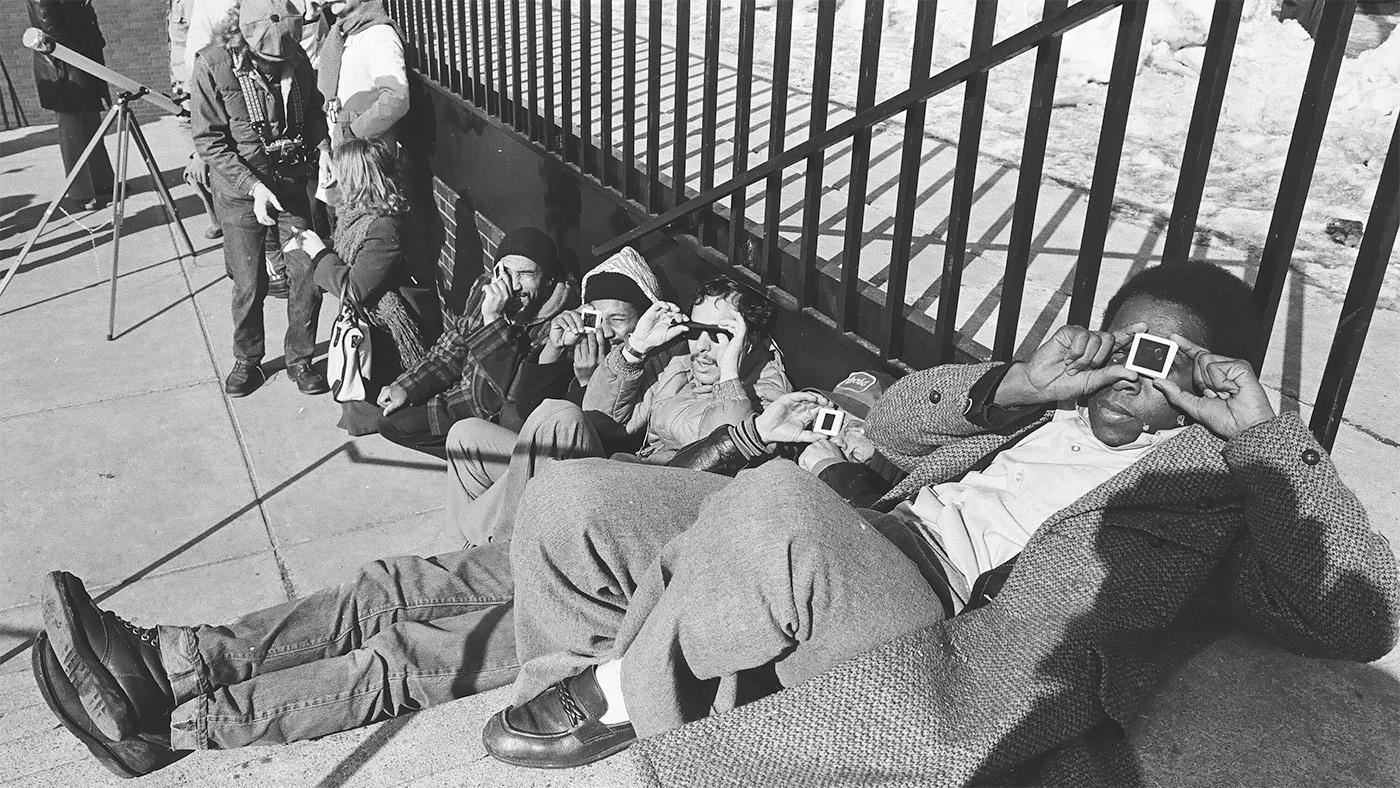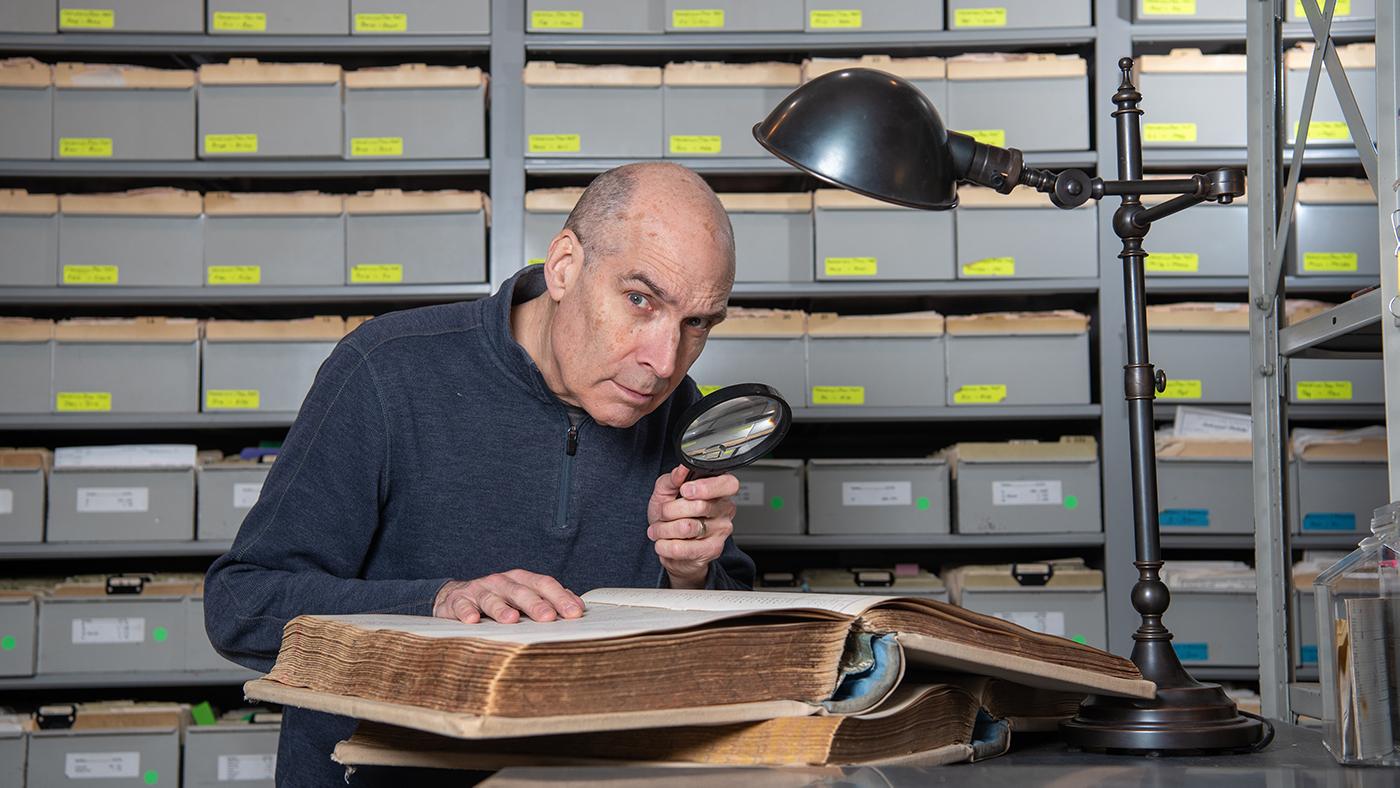"Her Life is History": The Universality of Maya Angelou
Daniel Hautzinger
February 20, 2017
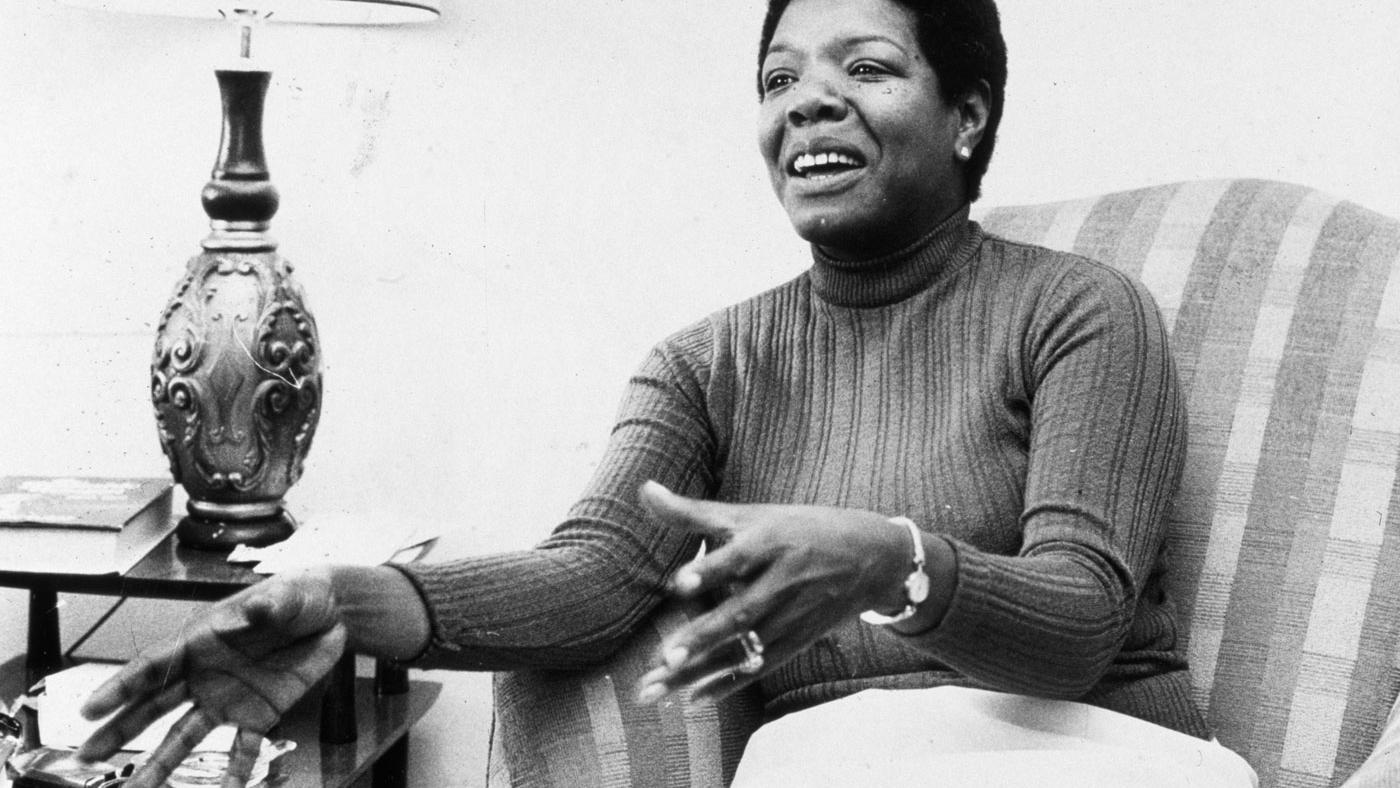
Maya Angelou is universal. She wrote memoirs, poetry, screenplays, music. She acted, she directed, she produced. She was a talk show host, a dancer, a singer, a journalist, a streetcar operator, an activist, a friend, a mother. You could converse with her in six different languages, and St. Louis, Arkansas, Hawaii, California, Egypt, Ghana, and Europe all served as her home.
This is why Rita Coburn Whack and Bob Hercules made a documentary about this beyond-prolific woman’s life: Maya Angelou: And Still I Rise, broadcast as part of American Masters.
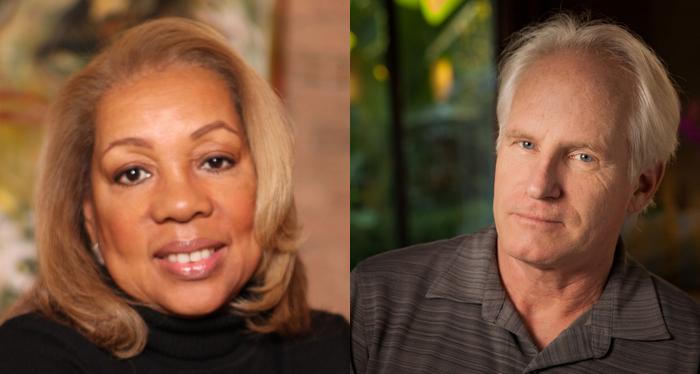 Rita Coburn Whack and Bob Hercules, co-directors and co-producers of "Maya Angelou: And Still I Rise." (Courtesy of Keith Walker/©JB Letchinger)“How could there not be a film about Maya Angelou, one of the great stories of America, one of the great icons, one of the greatest writers we have?” Hercules remembers thinking. In 2010, he decided to rectify that omission. He was soon introduced to Coburn Whack, who was the producer of Dr. Angelou’s show on Oprah’s radio network from 2006-2010, and who had also determined independently to make a documentary about Dr. Angelou’s life.
Rita Coburn Whack and Bob Hercules, co-directors and co-producers of "Maya Angelou: And Still I Rise." (Courtesy of Keith Walker/©JB Letchinger)“How could there not be a film about Maya Angelou, one of the great stories of America, one of the great icons, one of the greatest writers we have?” Hercules remembers thinking. In 2010, he decided to rectify that omission. He was soon introduced to Coburn Whack, who was the producer of Dr. Angelou’s show on Oprah’s radio network from 2006-2010, and who had also determined independently to make a documentary about Dr. Angelou’s life.
“As I heard the stories that she was telling and the different people she would talk to on the radio, from politicians, to people on the street, to entertainers, I realized that her reach was such that this was a life that was documenting both popular culture and history,” Coburn Whack recalls. “Her life is about history.”
Truly, for Maya Angelou, who was born in 1928 and died in 2014, came into contact with many of the most significant people and events of the twentieth century. She was born in the Jim Crow South. She danced with Alvin Ailey before he founded his renowned modern company. She toured Europe with a production of Porgy and Bess and performed off-Broadway in the controversial Jean Genet play The Blacks with such luminaries as James Earl Jones and Cicely Tyson. James Baldwin, Malcolm X, and Martin Luther King, Jr. counted her among their friends; she even acted as the northern coordinator for the Southern Christian Leadership Conference for a time. She protested apartheid and CIA-sponsored killings in Africa, and witnessed the Watts Riots in Los Angeles. She appeared in the seminal TV series Roots, wrote songs for Roberta Flack, and mentored Oprah.
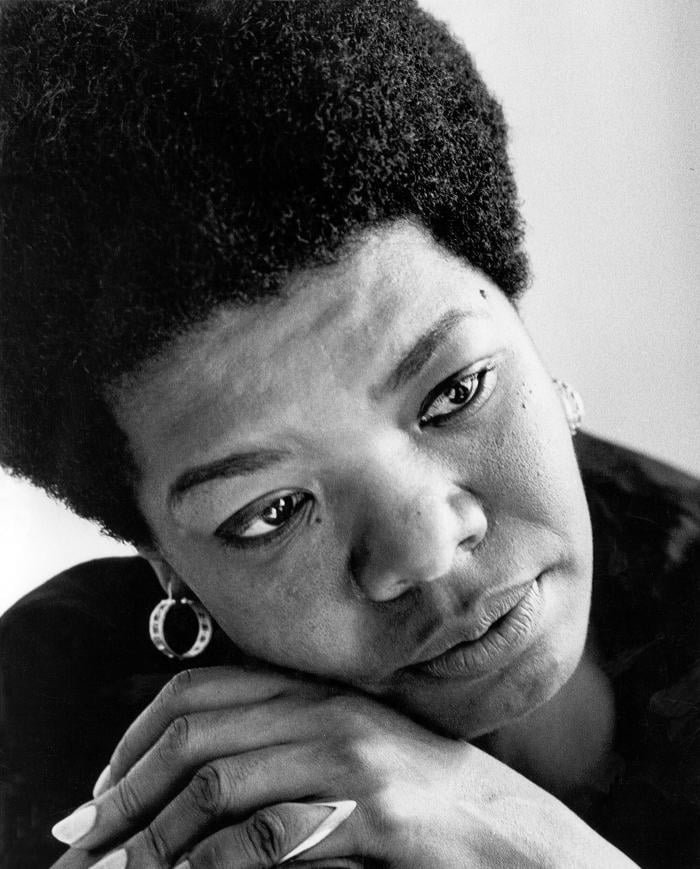 (Courtesy of Michael Ochs Archives/Getty Images)“That was our biggest challenge: how to fit this enormous amount of material, this tremendous story arc, into a two-hour film,” explains Hercules, who has made two other biographical films for American Masters. “Our strategy was really to go into greater depth on a few great and significant stories of her life. We wanted to explore parts of her life that weren’t well-known, that were barely known at all.”
(Courtesy of Michael Ochs Archives/Getty Images)“That was our biggest challenge: how to fit this enormous amount of material, this tremendous story arc, into a two-hour film,” explains Hercules, who has made two other biographical films for American Masters. “Our strategy was really to go into greater depth on a few great and significant stories of her life. We wanted to explore parts of her life that weren’t well-known, that were barely known at all.”
“Some people would say, ‘Oh, you have so much information!’” Coburn Whack says. “But we had a blessing of riches: the oral history of a woman who lived history and documented it herself, but was also herself well-documented. You follow this person’s life, and show how subject matter like the women’s movement or the civil rights movement affected this woman. You’re looking for that person’s truth.”
Dr. Angelou’s life also allowed Coburn Whack to tell related integral stories that are often obscured. “As a black woman, I know for a fact that the history books I grew up with omitted me,” she says. “Filmmakers are frustrated historians. As a documentarian, I can put as much of that missing history in as I can. All history is pretty much revisionist because it’s whoever is writing it from whatever point of view.”
Maya Angelou wrote her own history, in seven autobiographical memoirs, and she also narrates Coburn Whack and Hercules’ film. “We told this story in her own words, because who could be the narrator for Maya Angelou? Once you hear her voice, that’s all you want to hear,” says Coburn Whack.
So the film begins with Dr. Angelou’s voice over images of famous protests. “We may encounter many defeats, but we must not be defeated,” she intones. “That in fact it may be necessary to encounter defeats, so we can know who the hell we are.”
“That quote summarized her life,” Coburn Whack says. “And it summarized life for all of us. For us as people, particularly during these very difficult times, we have to think that no matter what defeat we encounter, we must not be defeated. If we have to make a fight for justice, then we have to do that. We must stand up for each other.”
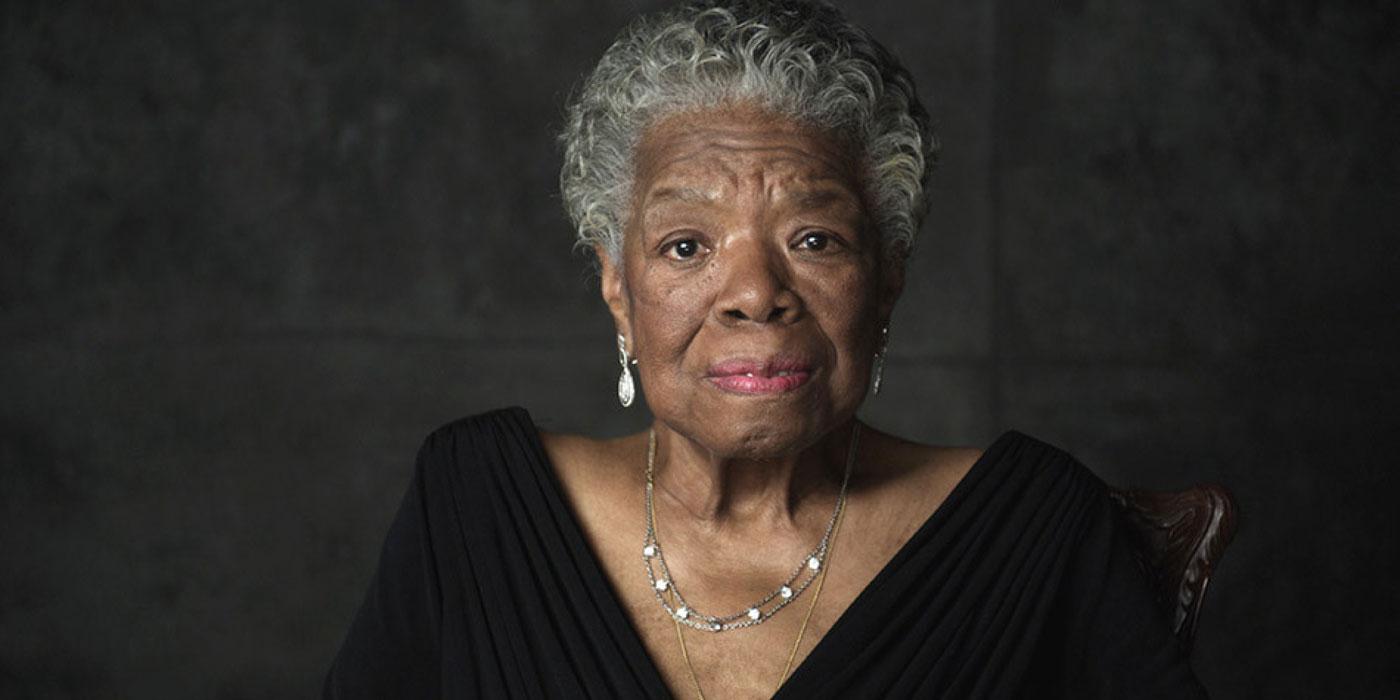 (Courtesy of OWN)That is what Dr. Angelou did. “One of my attractions to Dr. Angelou is her commitment to social justice her whole life,” Hercules says. “She was not afraid to take to the streets when necessary.”
(Courtesy of OWN)That is what Dr. Angelou did. “One of my attractions to Dr. Angelou is her commitment to social justice her whole life,” Hercules says. “She was not afraid to take to the streets when necessary.”
But despite her extraordinary life of historic proportions and uncompromising ideals, Maya Angelou was still an everyday person. “She had an amazing presence, she was one of those people that was just riveting to be with,” Hercules says of interviewing Dr. Angelou for the film. “You have to be careful when you’re doing interviews with somebody of that stature, because you want to get the human side, you don’t want to just put them on a shelf and say they’re an icon. One of the things we tried to do was to show her full life, show her as a mother, as a wife, as a somewhat ordinary person.”
“I didn’t expect to come to know her as well as I was able to,” Coburn Whack recalls of producing Dr. Angelou’s radio show and interviewing her. “She was such a generous and giving person, and she was so human. She laughed, she cried, sometimes she was star-struck. She wanted things, like everybody else. She was just a human being.”

